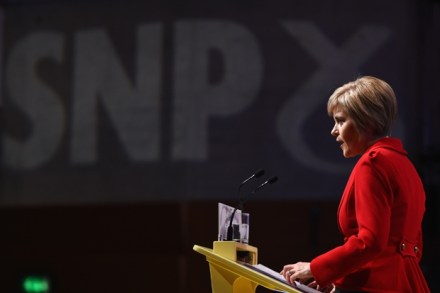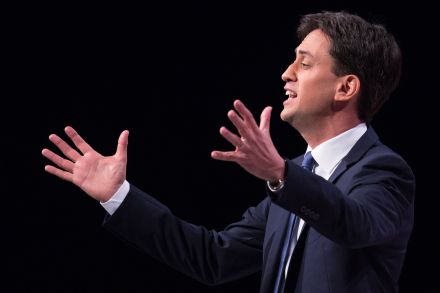Cecil Parkinson: A man to remember
Lord Cecil Parkinson, former Conservative Party chairman under Margaret Thatcher, has died at the age of 84. Parkinson was one of Thatcher’s most trusted allies and served for 30 years in the Conservative front ranks. He was famously forced to resign in October 1983 when it emerged his secretary was pregnant with his child. Here, in an article written in August 1984 in the Spectator, Charles Moore pays tribute to Parkinson. Why not bring back Cecil Parkinson? it is asked. He may have been an erratic actor with a turbulent private life, but he brought a certain dash and glamour to the show which it now badly lacks. Constitutional experts




















